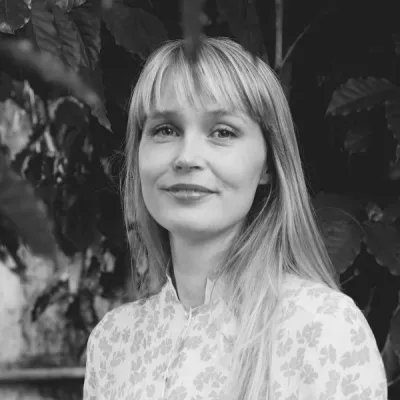Published today in Nature Genetics, researchers from the Leverhulme Centre for Demographic Science at the University of Oxford outline how Our Future Health — one of the UK’s new flagship health research programmes — can achieve its full potential by tackling bias in medical research, harnessing genetic data, and the potential for collaborating across international biobanks.
Authored by Vincent J. Straub, Stefania Benonisdottir, Augustine Kong, and Melinda C Mills, the work highlights how Our Future Health’s unprecedented scale and reach across the UK population makes it uniquely placed to overcome long-standing biases in genomic research. By combining genetic information with health, lifestyle, and health record data, the resource offers unique new opportunities for discoveries.
A step towards tackling participation bias
Biobanks often suffer from “participation bias,” where volunteers are not fully representative of the wider population. The work stresses that Our Future Health’s size and diverse recruitment through NHS services and community clinics help address this challenge. Importantly, genetic data itself can be used to detect and adjust for participation bias, setting a new benchmark for population-scale genomics.
Professor Melinda Mills, Director of the Leverhulme Centre for Demographic Science, Research Ambassador and Scientific and Ethics Advisory Board member for Our Future Health, said 'With Our Future Health, the UK has the chance to build on pioneering initiatives such as the UK Biobank and a strong life sciences sector, setting a new global standard. The sheer scale and ambition to reach 5 million people, coupled with surveys, health records, genetics and future multi-omic data is unprecedented and will expand our knowledge and benefit multiple communities.'
Vincent Straub, DPhil student and Research Scholar for Our Future Health, added 'Our Future Health is already the world’s largest biomedical dataset. However, its strength lies not just in scale, but in the diversity of its participants. By capturing genetic, environmental, and social variation in the population, it enables discoveries that smaller, less representative studies might miss.'
Setting priorities and shaping global efforts
The piece calls for four research priorities: (1) reaching 5 million participants with diverse representation; (2) expanding data linkage with health and eventually if consented, administrative records; (3) in the future, enabling cross-biobank analyses while safeguarding privacy; and, (4) accelerating release of proteomic and metabolomic data to broaden scientific use.
The authors also emphasise that the UK’s leadership can help shape global standards for data sharing, working with initiatives such as the Global Alliance for Genomics & Health and the International Health Cohorts Consortium.
About Our Future Health
Our Future Health is a collaboration between the public, charity and private sectors to build the UK’s largest health research programme – bringing people together to develop new ways to prevent, detect and treat diseases.
Our Future Health is committed to the highest standards, policies and processes that protect participants’ confidentiality, whilst maximising the opportunity to help researchers to tackle serious diseases. Volunteers’ data is deidentified and held securely in trusted research environments that meet strict security criteria. Our Future Health data and samples is only available to registered researchers conducting health research for the public good and is strictly controlled through an access process. All researchers will be held to the same standards.
Our Future Health is a member of the UK Health Data Research Alliance, the independent alliance of leading healthcare and research organisations establishing best practice for the ethical use of UK health data for research at scale.
Our Future Health is a company limited by guarantee registered in England and Wales (number 12212468) and a charity registered with the Charity Commission for England and Wales (charity number 1189681) and OSCR, Scottish Charity Regulator (charity number SC050917).






